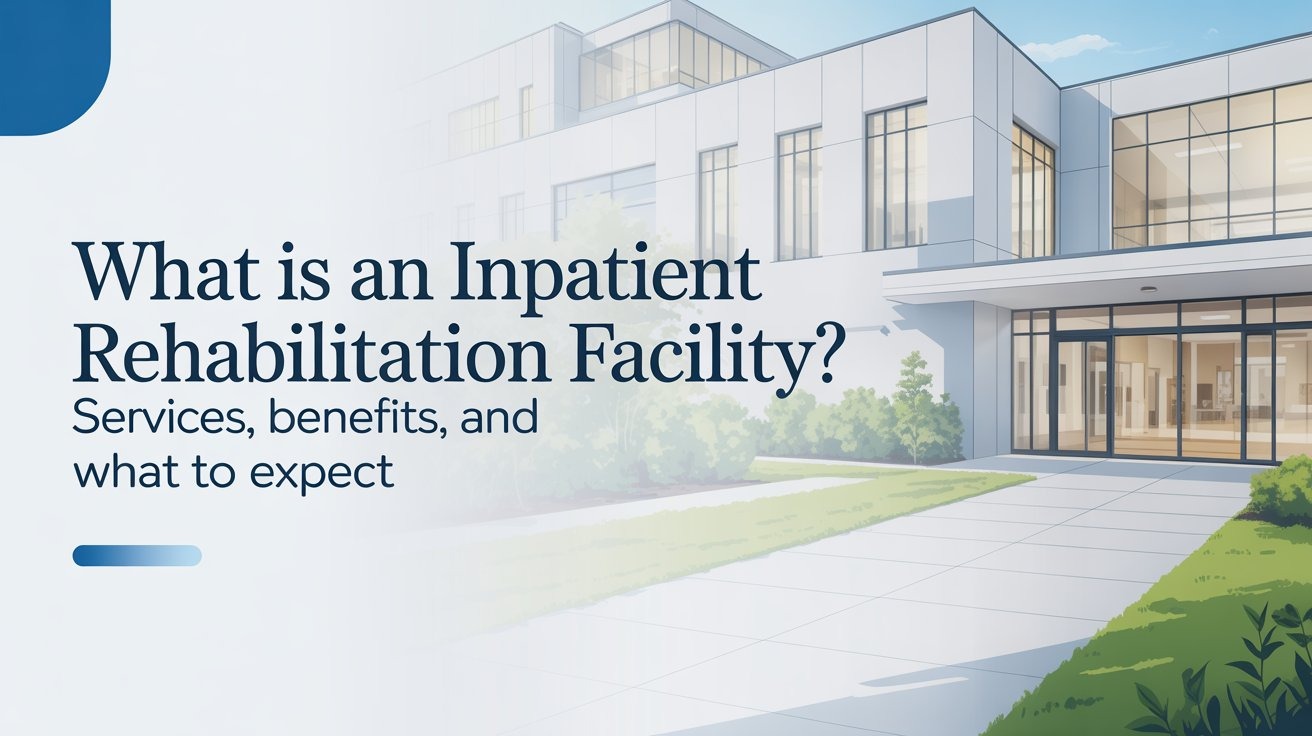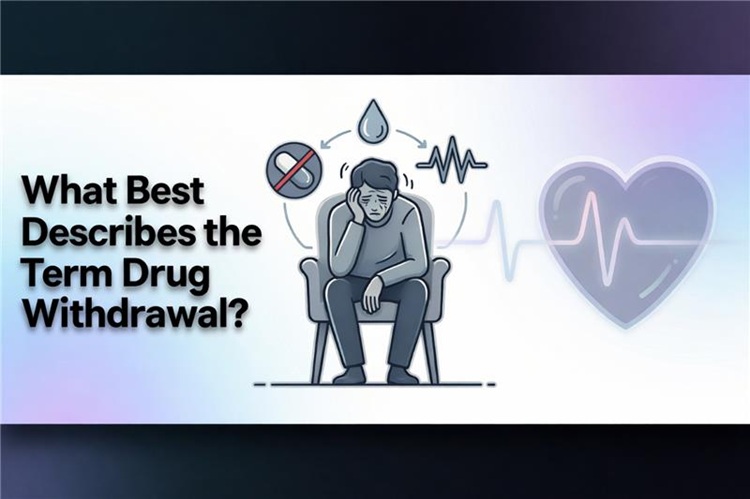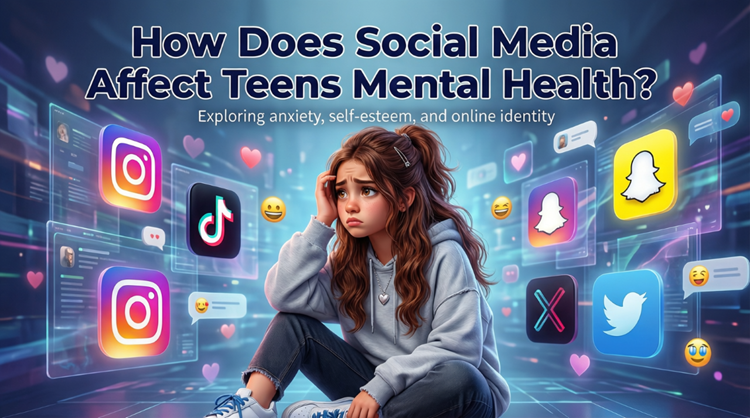Recovery is more than simply ceasing to take up drugs or alcohol; it is also about how to stay drug or alcohol-free despite the temptations that may come up. Relapse Prevention Therapy (RPT) is one of the most potent treatment methods in addiction treatment as it empowers the patient with the skills, tools, and mindset to identify the triggers, cope with the cravings, and create a new, healthy future. At Florida Atlantic Coast Treatment Solutions, we feel that relapse prevention is one of the keys to a lasting recovery.
What is Relapse Prevention Therapy (RPT)?
RPT is an evidence-based approach that teaches individuals to use strategies to prevent relapses by learning to recognize risk situations, unhealthy thinking and how to cope with them to prevent relapse. RPT was developed during Cognitive Behavioral Therapy (CBT) and it imparts practical skills on how to handle stress, emotions and environmental factors that may result in a relapse.
As opposed to short-term methods of abstinence, RPT is geared towards the long-term. It has LEADS (columbus taksing) which is important because it focuses on progress rather than perfection and clients are given relapse prevention therapy skills that they can apply in real life.
Why is Relapse Prevention Therapy So Important?
Relapse is a normal process in the recovery process, and does not imply turmoil. Research indicates that addiction, in a similar type of illness to others, the recurrence ratesesis 40-60 percent. This makes relapse prevention therapy training critical for anyone working toward lasting recovery.
Here’s why it matters:
- Enhances self awareness: Clients will be aware of their own self triggered warning signs.
- Builds resiliency: RPT also builds resiliency to cope well with stress without substances.
- Minimizes the likelihood of relapse: The practical information will minimize the possibility of returning to past behaviors.
- Facilitates long-term recovery: The therapy promotes long-term changes in lifestyle and does not stand as a quick fix.
Our programs incorporate relapse prevention and assist clients to become independent and more confident throughout each stage of recovery at Florida Atlantic Coast Treatment Solutions.
Relapse Prevention Therapy Techniques
High-Risk Problem Recognition or Identification of risk situations. Clients are taught how to identify risk situations, persons or feelings that can put one at risk of relapse.
- High-Risk Problem Recognition or Identification of risk situations – Clients are taught how to identify risk situations, persons or feelings that can put one at risk of relapse.
- Cognitive Restructuring – Questioning the negative thoughts to include a more healthy view.
- Coping Skills Training– Learning the skills to counter cravings, including deep breathing, journaling, or exercise.
- Urge Management – Learning to have the will power to endure without surrendering.
- Lifestyle Balance – Promoting healthy lifestyle habits to stabilize mental health in relation to sleep practices, food and exercise.
These are the tools that give people in recovery a solid base to deal with life with confidence.
Relapse Prevention Group Therapy
Another effective approach is relapse prevention group therapy, where peers come together to share experiences, challenges, and successes. Group therapy enhances accountability, support and motivation.
Some relapse prevention activities for group therapy include:
- Trigger Mapping – This exercise helps the participants to draw maps of triggers and how to go around these triggers.
- Role-Playing Scenarios – Experiencing responses to a high-risk scenario such as social gatherings or a stressful conversation.
- SMART Goal Setting– This involves formulating specific, measurable, achievable, relevant and time-bound goals on the path to recovery.
- Mindfulness Exercises – Work on the grounding techniques in order to reduce stress and cravings.
- Peer Feedback Sessions– As a means of helping members support each other with constructive feedback and encouragement.
Relapse prevention group therapy activities help individuals realize they are not alone and that recovery is a shared journey.
Cognitive Behavioral Therapy and Relapse Prevention
As Relapse Prevention Therapy (RPT) is based on Cognitive Behavioral Therapy (CBT), it is concerned with the relationship between thoughts, feelings and actions.
- CBT relapse prevention strategies train clients to develop awareness and discard the negative thinking patterns and replace them with new ones.
- Cognitive behavioral therapy in relapse prevention is progressive and structured with a set goal- therein lies its effectiveness.
With integration of CBT with RPT, a person becomes able to quit negative loops and develop sustainable methods of sobriety.
Relapse Prevention Therapy Training for Professionals
For addiction counselors, therapists, and healthcare providers, relapse prevention therapy training is vital. The RPT professionals are able to assist clients in:
- Learn to detect warning signs of relapse.
- Work out individual relapse prevention plans
- Conduct group therapies well
- The skills taught during teaching coping skills should be taught in a real world situation.
At Florida Atlantic Coast Treatment Solutions we have a dedicated group of licensed professionals who employ the most innovative RPT practices and techniques to guarantee the best care possible to clients.

Start Your Recovery Journey Today
The fact is that relapse is not a necessary part of your story, and even in the case when the relapse occurs, you still can recover. At Florida Atlantic Coast Treatment Solutions, we offer custom relapse prevention therapy and support through every step. Our compassionate team uses proven strategies like relapse prevention cognitive behavioral therapy and relapse prevention group therapy activities to help clients achieve lasting sobriety.
To know more about our programs and start your path to long-term recovery, call us today at (844) 643-2287.
FAQs About Relapse Prevention
Why is relapse prevention so important?
Relapse prevention is significant in that it provides the affected persons with the tools and skills necessary in achieving longevity of sobriety. It minimizes relapse and promotes long-term healing.
Why expectations are important in relapse prevention?
Possessing realistic expectations is important because people should know that getting better is a process, rather than a solution. Such attitude decreases frustration and allows the experience of a gradual improvement.
What are the four main ideas in relapse prevention?
The four main idea as to the name of the agency is as follows:
- Identifying high risk situations
- Creating coping skills
- Enhancing self-control
- Making an equal lifestyle
What is the primary focus in relapse prevention?
The main aim is to avoid relapse by understanding the triggers, acquiring coping mechanisms, and constructing a healthier thought process and behaviors.
What are the SMART goals for relapse prevention?
SMART goals are Specific, Measurable, Attainable, Relevant and Time-bound. Examples are going to support group meetings three times per week or carrying out mindfulness practices every day.


